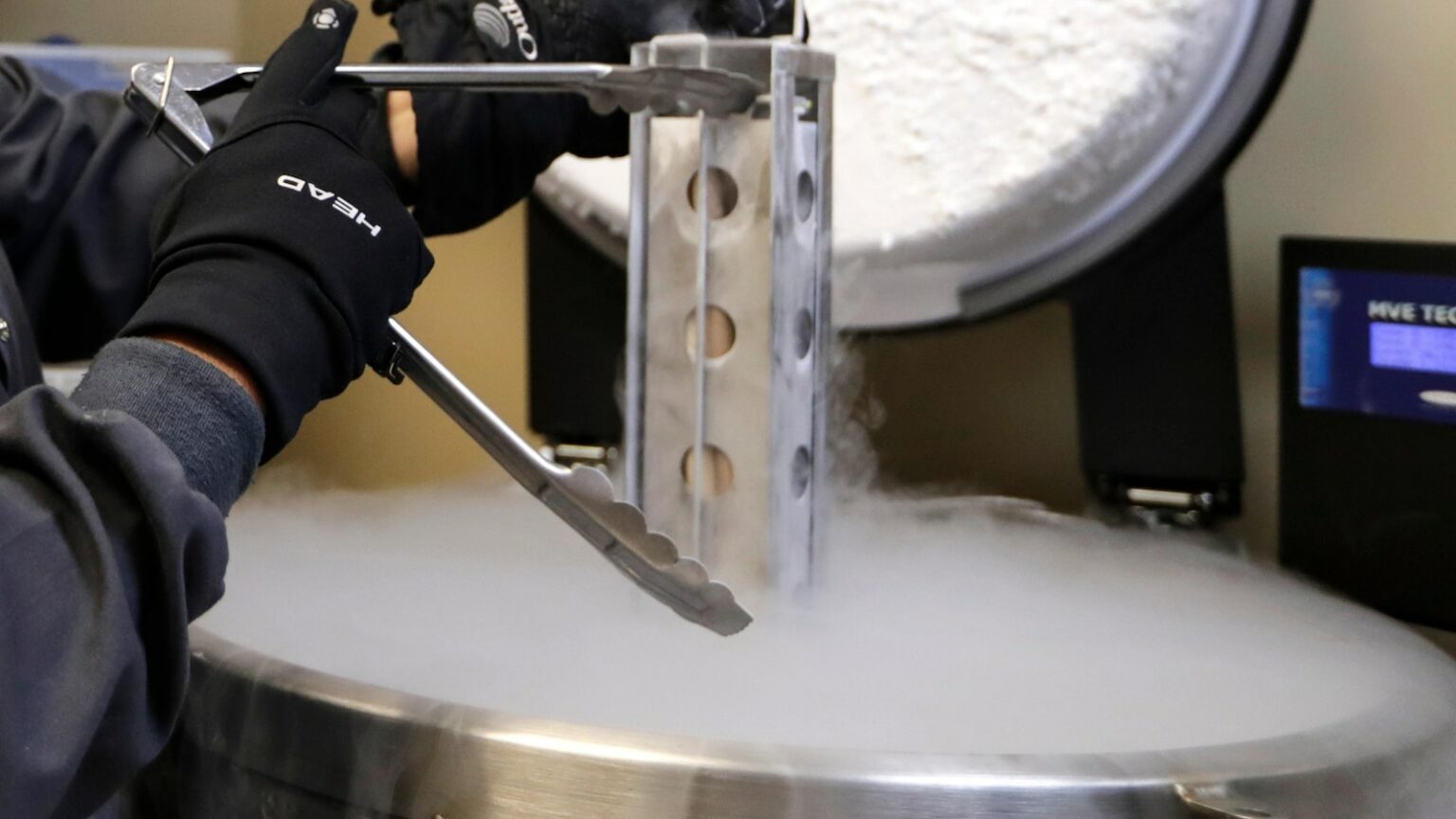Alabama lawmakers are currently working on proposals to protect in vitro fertilization services in the state after a recent state Supreme Court ruling raised concerns about the liability fertility clinics could face. The ruling allowed three couples who had frozen embryos destroyed in an accident to pursue wrongful death claims for their “extrauterine children.” This decision had an immediate chilling effect on the availability of IVF in Alabama, with three providers pausing services shortly after the ruling.
Former U.S. Sen. Doug Jones blamed Republicans for pushing language in the Alabama Constitution as a “political statement” against abortion in 2018, which led to the current situation. He criticized Republicans for not considering the long-term consequences of their actions and how they would impact people’s lives. Alabama legislators are now working on bills to address the uncertainties for clinics, with proposals expected to be debated soon.
House Minority Leader Anthony Daniels introduced a bill stating that a fertilized human egg or embryo outside of a uterus should not be considered an unborn child or human being under state law. Republican Sen. Tim Melson is also working on similar legislation to address the issues stemming from the Supreme Court ruling. Lawmakers are being urged to act quickly to restore rights and decision-making back to women and their doctors, rather than politicians, in order to address the devastating impact on couples seeking IVF procedures.
Conservative and anti-abortion groups are pushing back against legislative proposals, with some urging caution to avoid legislation that may violate the Constitution or the definition of human life. However, Eric Johnston, president of Alabama’s Pro-Life Coalition, supports legislation to remove the civil lawsuit threat for clinics and make IVF services available again. He suggested regulations for unused embryos, such as requiring them to be put up for adoption instead of being destroyed or donated for research.
Alabama Governor Kay Ivey emphasized the state’s commitment to fostering a culture of life, including IVF, and expressed support for addressing the issue through legislation. She anticipates having a bill on her desk soon to address the concerns raised by the Supreme Court ruling. Lawmakers are working to find a balance between protecting IVF services and addressing concerns about the status of embryos outside of a uterus. The goal is to ensure that couples seeking IVF procedures have access to these services without facing legal uncertainties or restrictions.









